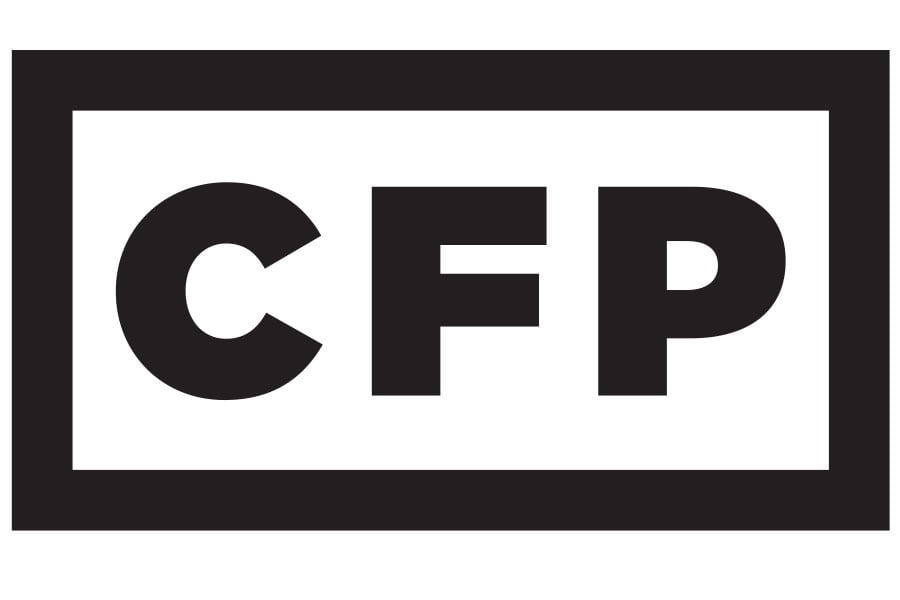

The Certified Financial Planner Board of Standards is seeking to limit the amount of time a mark holder has to reclaim the designation after being disciplined.
On Monday, the CFP Board released for public comment several changes to its procedural rules that the organization said are intended to reform its enforcement process for upholding the ethical standards related to the mark.
Under the proposed revisions, a CFP who is the subject of an interim suspension order would have to file a petition for reinstatement within two years or else the mark could be revoked. The petition for reinstatement would have to show “evidence of respondent’s rehabilitation and fitness for CFP certification,” according to the draft revision of the rules.
Another change would establish a process for admitting expert witness testimony when a CFP goes through an enforcement proceeding. The reforms are based on a set of recommendations developed by CFP Board staff after the investigation and adjudication functions of enforcement were separated.
The proposal, which is open for public comment until Jan. 23, is part of an ongoing effort by the CFP Board to reform its enforcement procedures to align with a revised code of ethics that went into force in June 2020. Under the code, all CFPs must act as fiduciaries to their clients while providing investment advice.
“We encourage and welcome candid feedback from CFP® professionals and other stakeholders on these proposed changes to CFP Board’s Procedural Rules,” CFP Board CEO Kevin Keller said in a statement. “CFP Board is continually evaluating our investigation and enforcement operations to ensure that our process benefits the public and is fair to the certificant.”
After reviewing the comments, CFP Board staff could revise the proposal. They would then present a final recommendation to the board, which could adopt the changes at an upcoming meeting.

Plus, a $400 million Commonwealth team departs to launch an independent family-run RIA in the East Bay area.

The collaboration will focus initially on strategies within collective investment trusts in DC plans, with plans to expand to other retirement-focused private investment solutions.

“I respectfully request that all recruiters for other BDs discontinue their efforts to contact me," writes Thomas Bartholomew.

Wealth tech veteran Aaron Klein speaks out against the "misery" of client meetings, why advisors' communication skills don't always help, and AI's potential to make bad meetings "100 times better."

The proposed $120 million settlement would close the book on a legal challenge alleging the Wall Street banks failed to disclose crucial conflicts of interest to investors.
Orion's Tom Wilson on delivering coordinated, high-touch service in a world where returns alone no longer set you apart.
Barely a decade old, registered index-linked annuities have quickly surged in popularity, thanks to their unique blend of protection and growth potential—an appealing option for investors looking to chart a steadier course through today's choppy market waters, says Myles Lambert, Brighthouse Financial.
